Nicole Kidman Gets Candid About Mortality: Wakes Up 'Crying And Gasping'
Nicole Kidman is baring her soul about the realities of aging, grief, and embracing life’s emotional depths.
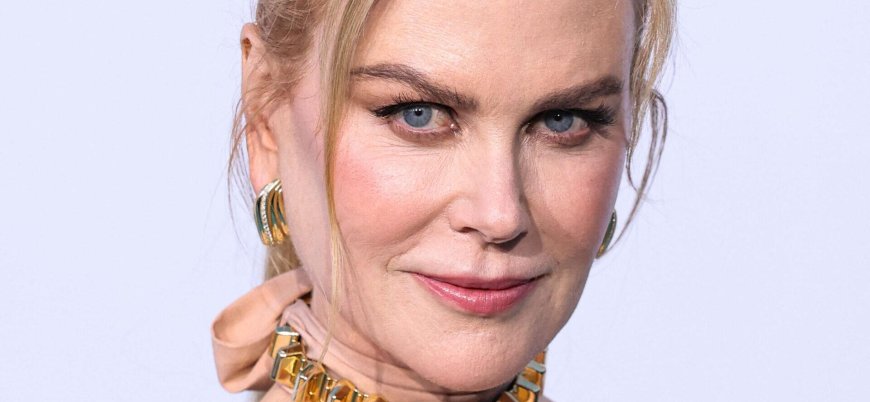
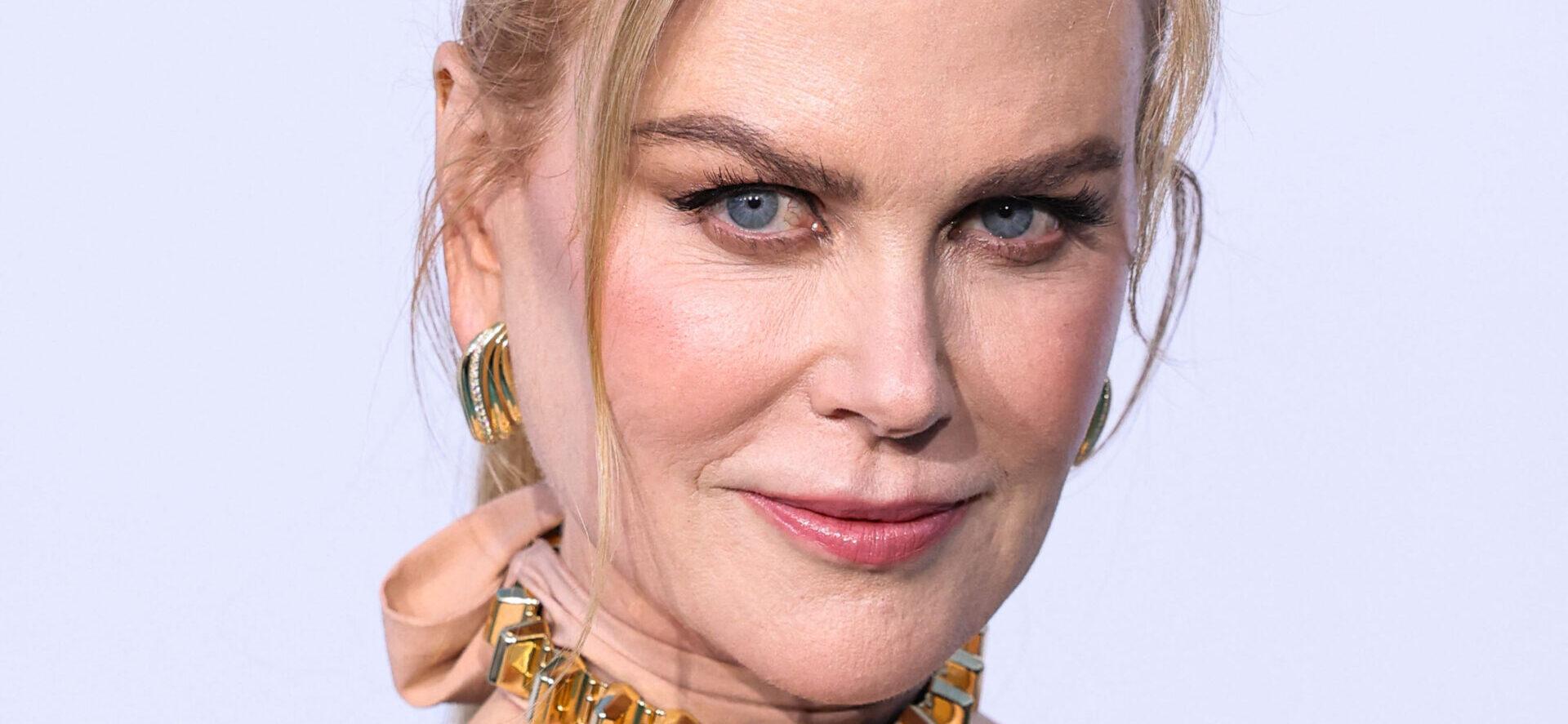
Nicole Kidman is baring her soul about the realities of aging, grief, and embracing life’s emotional depths.
In the candid conversation, Kidman revealed that as she’s entered her 50s, she has become more attuned to her emotions, choosing to fully feel them rather than shutting them off.
Now in her mid-50s, Nicole Kidman acknowledged that her feelings are “even more” raw and close to the surface.
Nicole Kidman Opens Up About Mortality
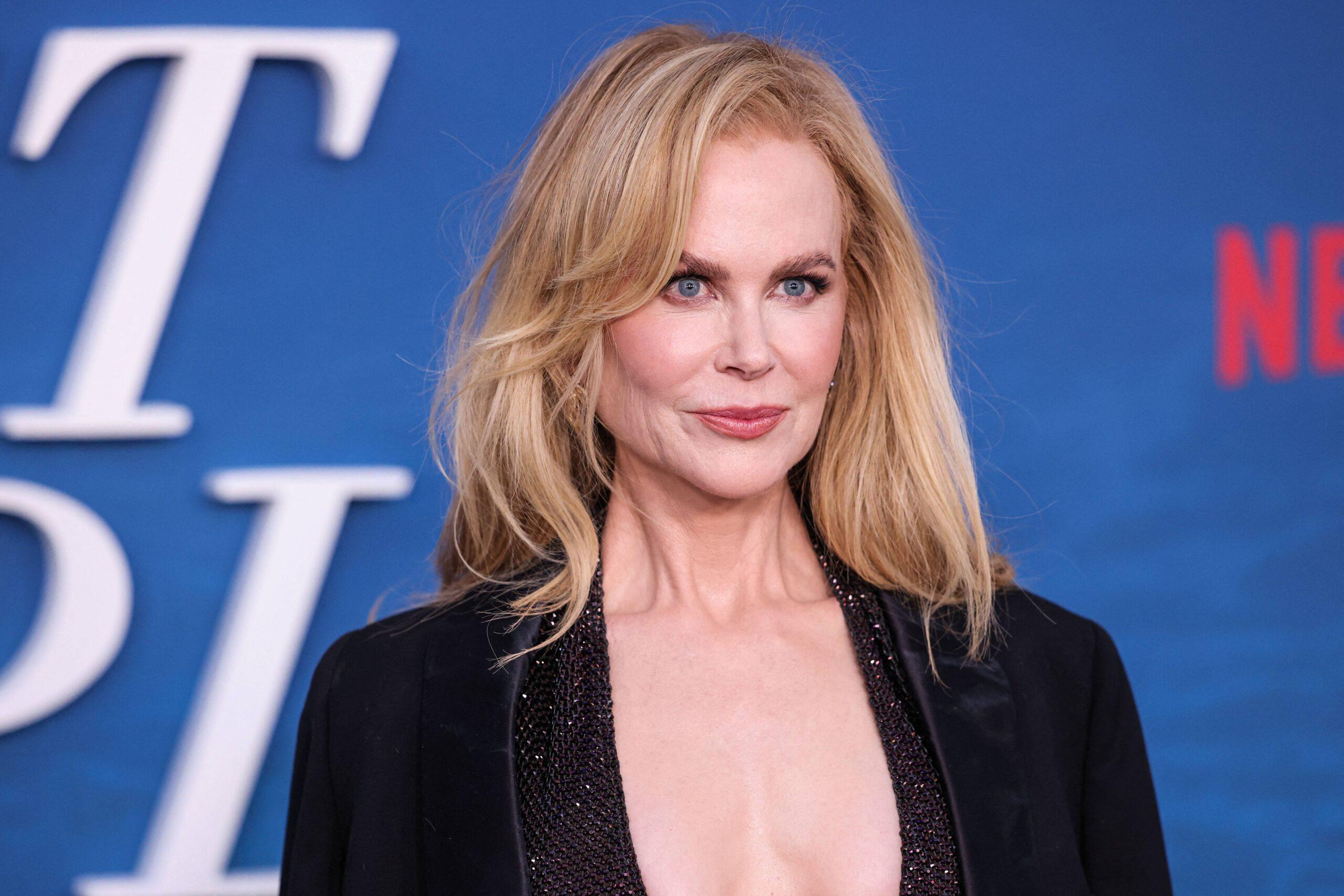
The 57-year-old "Babygirl" actress shared her heartfelt reflections in a new interview with GQ.
“Mortality. Connection. Life coming and hitting you,” she said, describing the emotions she feels more deeply than ever. “And [the] loss of parents and raising children and marriage and all of the things that go into making you a fully sentient human. I’m in all of those places. So life is, whew. It’s definitely a journey.”
Kidman’s personal life is intertwined with the themes she discusses. She shares daughters Sunday Rose, 16, and Faith Margaret, 13, with her husband, country star Keith Urban. She is also mom to Bella, 31, and Connor, 29, whom she shares with her ex-husband, Tom Cruise.
Reflecting on the impact of aging and the inevitability of loss, Kidman shared how deeply these realizations have affected her. “And it hits you as you get older how … it’s a wake up at 3 a.m. crying and gasping kind of thing,” she said. “If you’re in it and not numbing yourself to it. And I’m in it. Fully in it.”
Nicole Kidman Reflects On Turning 40
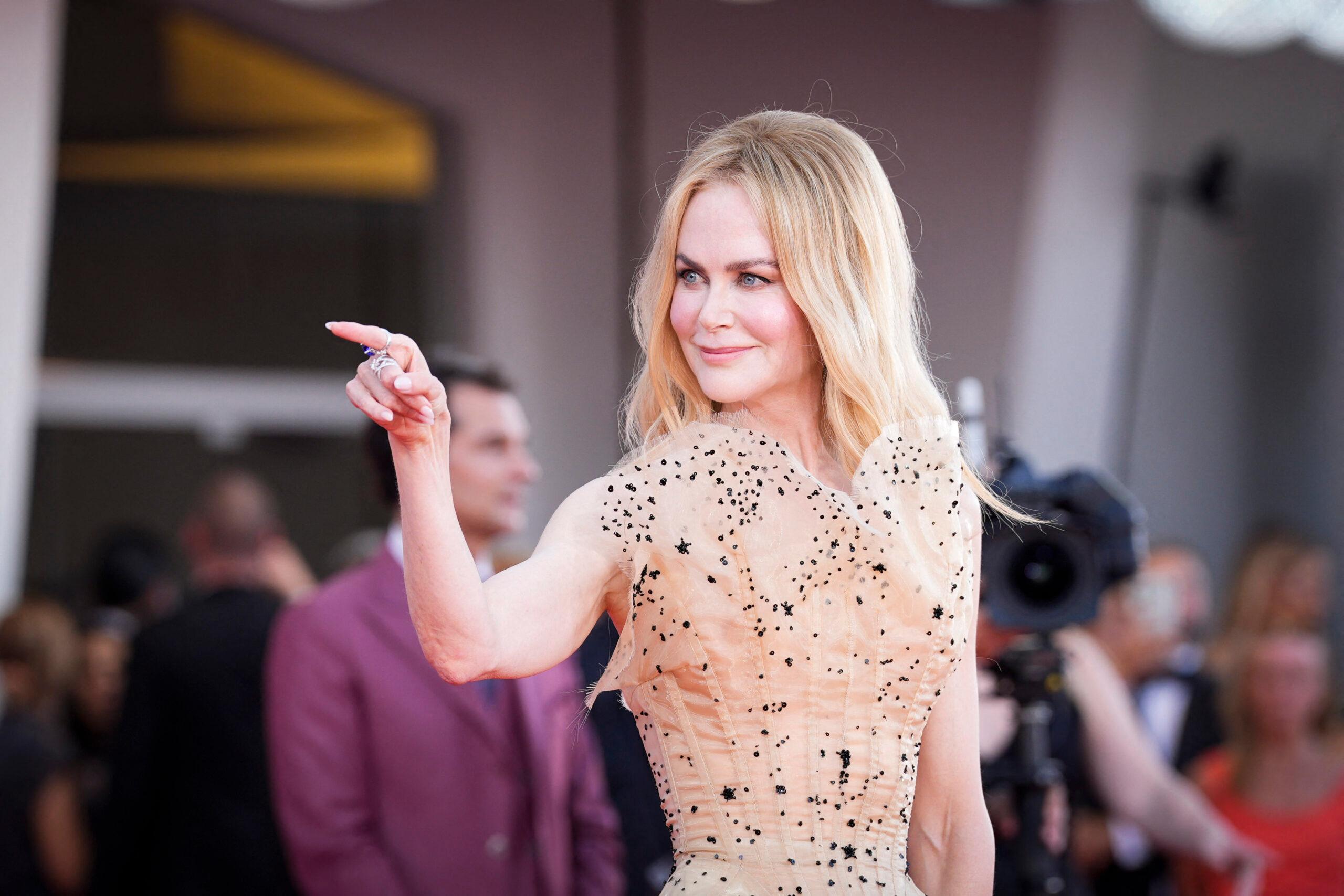
After turning 40, Nicole Kidman began to feel the constraints of Hollywood's age bias. She noticed a decline in the roles she was passionate about and feared she had reached the dreaded "age cutoff" that so many women in the industry face.
Instead of stepping away from acting—a decision she admits she seriously considered—Kidman took control of her career by founding her own production company, Blossom Films. Her goal was to create opportunities for herself and other female artists, including writers, producers, and directors, who could benefit from the paths she forged.
One of Blossom Films' earliest triumphs was "Big Little Lies," HBO’s critically acclaimed adaptation of Liane Moriarty’s novel. The series, centered on a group of affluent Monterey mothers entangled in a murder case, was a massive success and set the stage for Kidman’s expertise in adapting beach reads into gripping TV dramas.
Since then, she has solidified her reputation as the queen of the "white coastal elite whodunnit" genre, with hits like "The Undoing," "Nine Perfect Strangers" (2021), and "The Perfect Couple," which topped Netflix’s global charts for weeks after its release.
Reese Witherspoon Praises Nicole Kidman
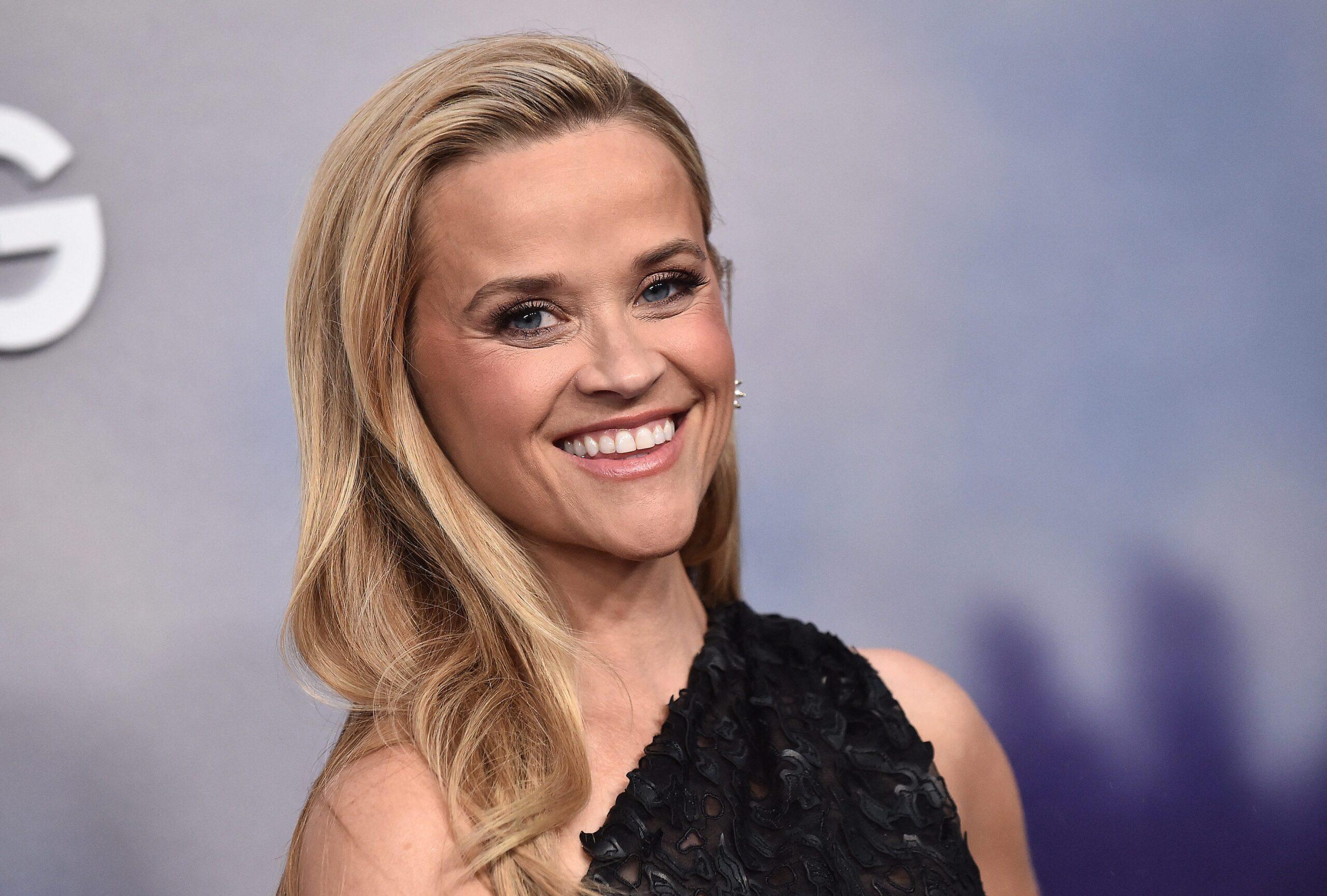
Reese Witherspoon is singing the praises of her longtime friend and co-star Nicole Kidman, calling her a powerhouse both on and off-screen.
“Nicole is incredibly well-read and really understands how to match directors to material,” Reese Witherspoon, Kidman's "Big Little Lies" co-star and producer, said. “She watches an incredible amount of emerging filmmakers’ work and is very discerning about who she wants to work with. She’s also always willing to take on new challenges, particularly roles that explore a unique expression of female identity.”
Nicole Kidman Publicly Shaded Martin Scorsese
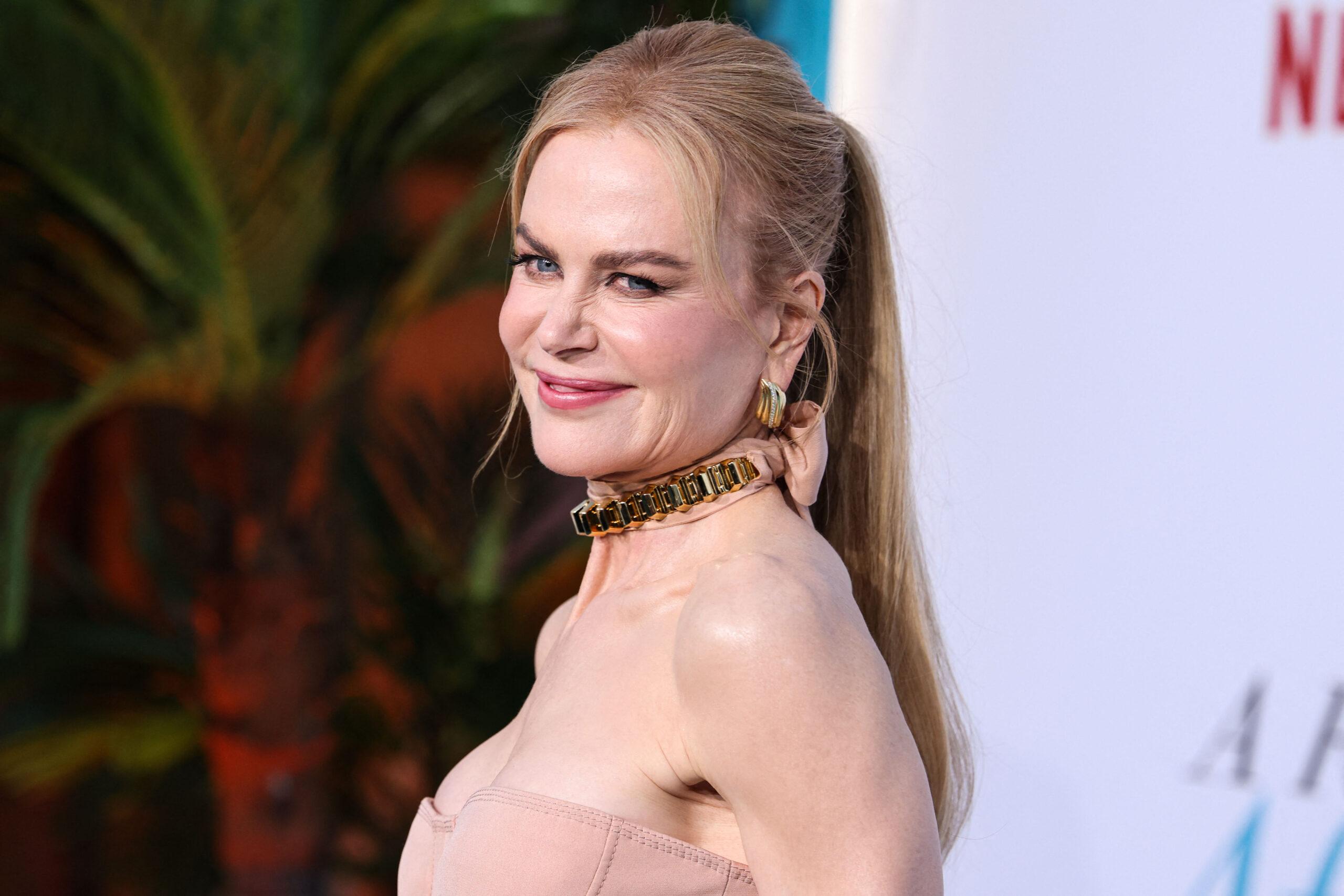
In a recent Variety interview, Nicole Kidman addressed her desire to work with acclaimed director Martin Scorsese, stating, "I've always said I want to work with [Martin] Scorsese, if he does a film with women." The comment subtly pointed out the male-centric nature of much of Scorsese's work, sparking discussions about the lack of female-led narratives in his filmography.
While Scorsese has helmed films featuring strong female roles, such as "Alice Doesn't Live Here Anymore" (1974) and "Killers of the Flower Moon" (2023), the majority of his projects focus on male-driven stories.
Martin Scorsese Addressed Backlash Regarding Lack Of Female-Led Narratives
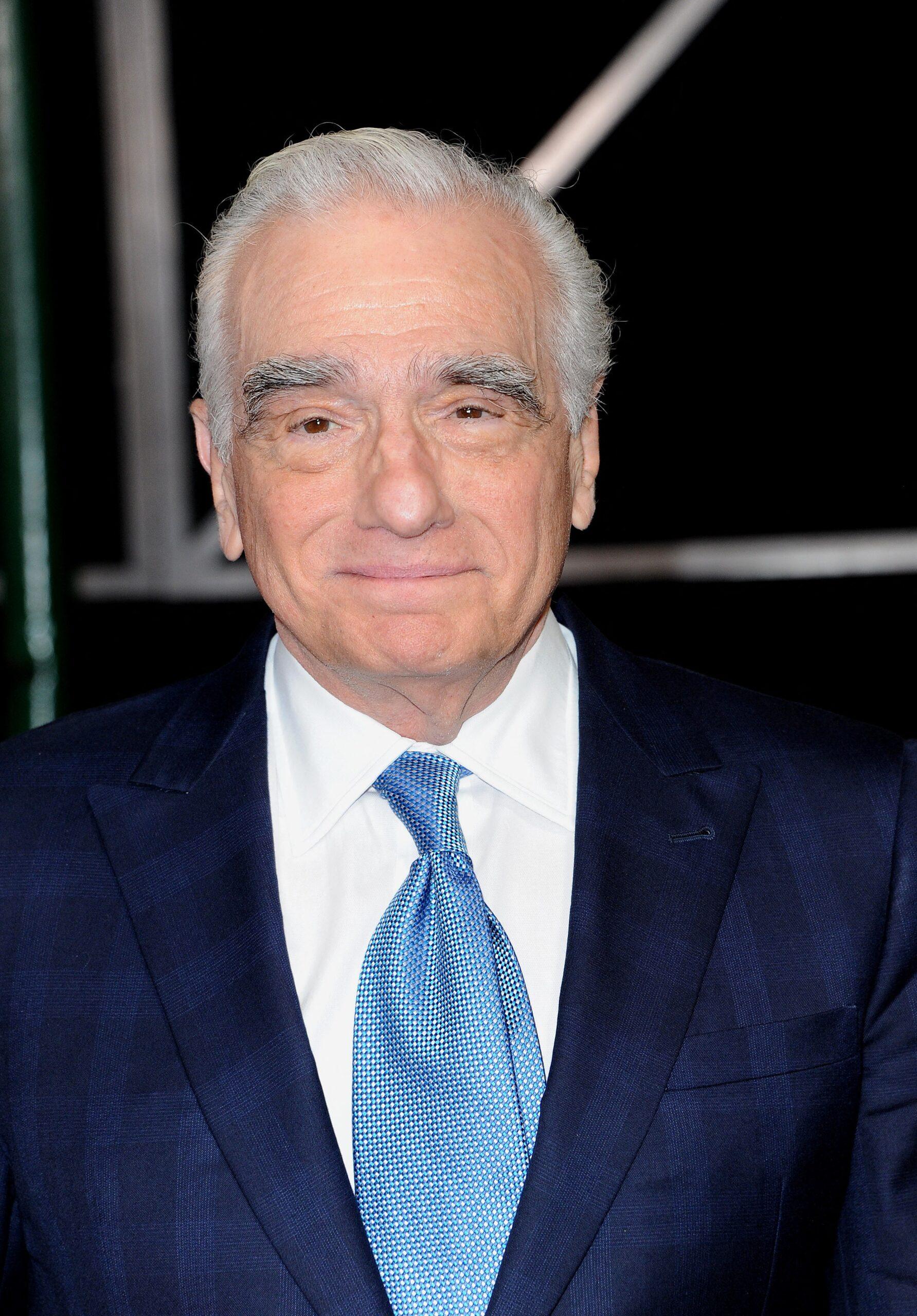
During a 2019 press conference in Italy, Martin Scorsese addressed longstanding criticism regarding the lack of female-led narratives in his films. The iconic director expressed his frustration over the repeated critiques, acknowledging the ongoing discourse about gender representation in his body of work.
"That's not even a valid point," he said. "That goes back to 1970. That's a question that I've had for so many years. Am I supposed to? If the story doesn't call for it, then it's a waste of everybody's time. If the story calls for a female character lead, why not?"


























































